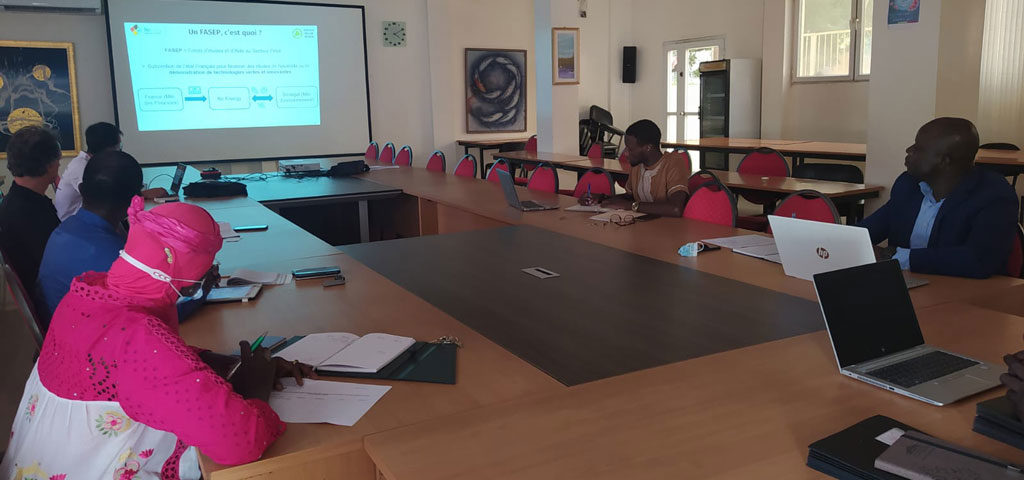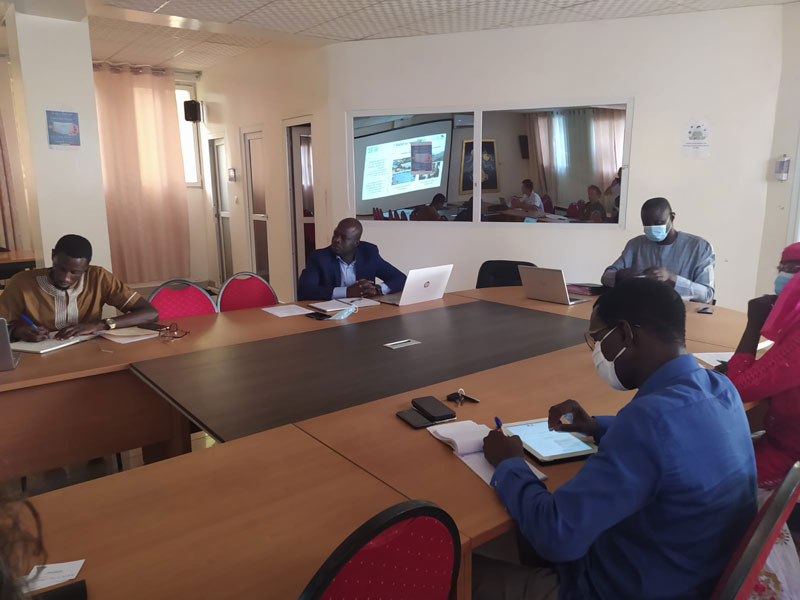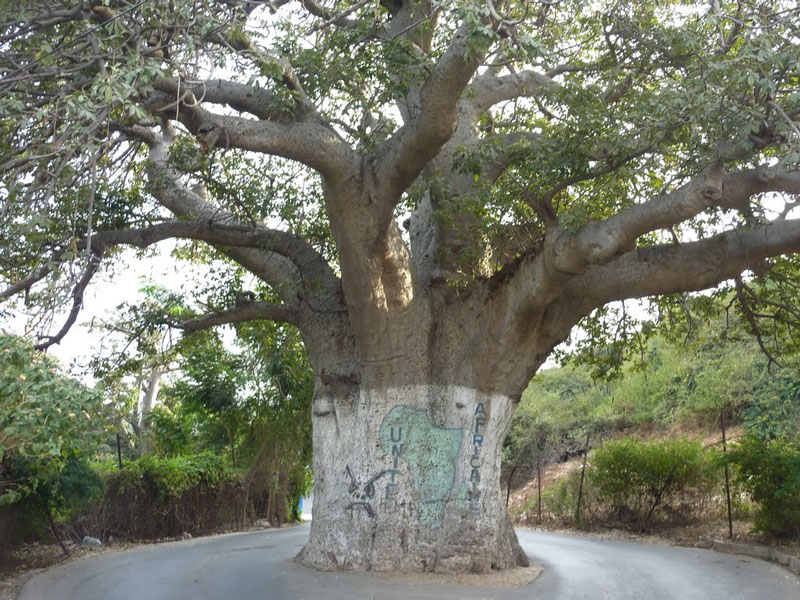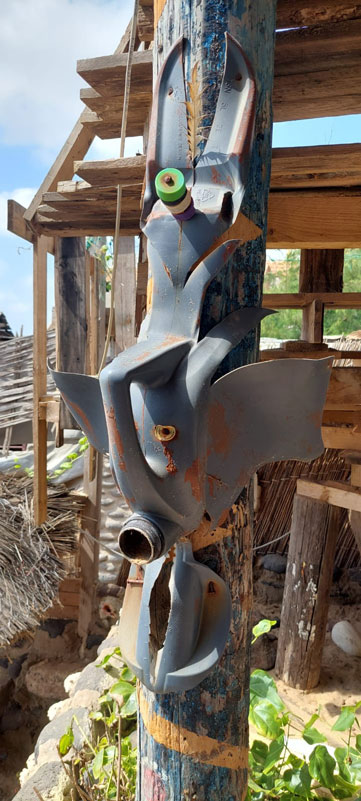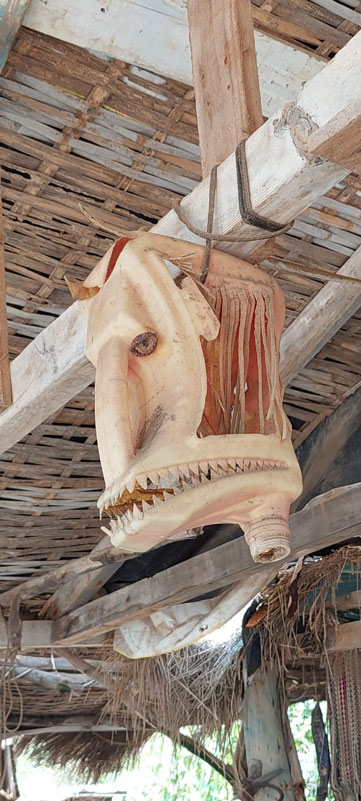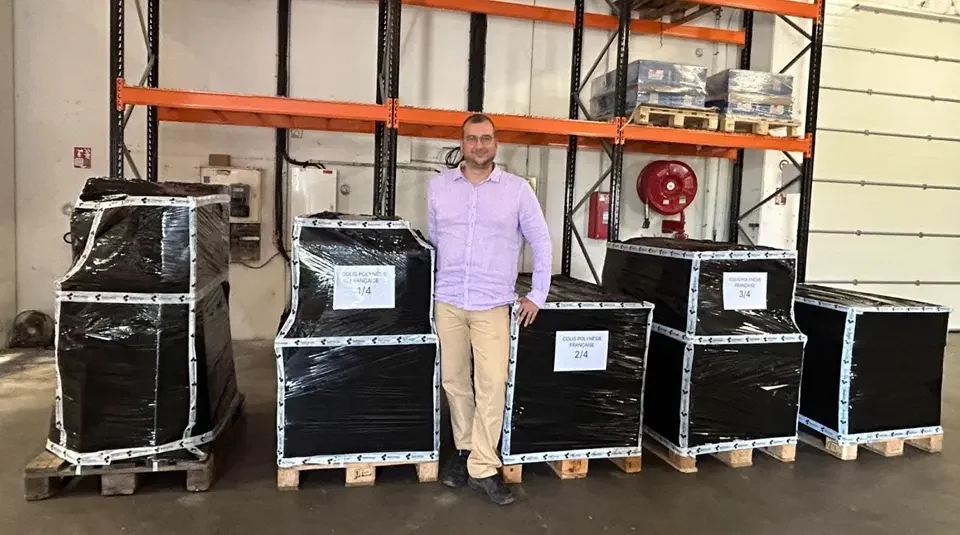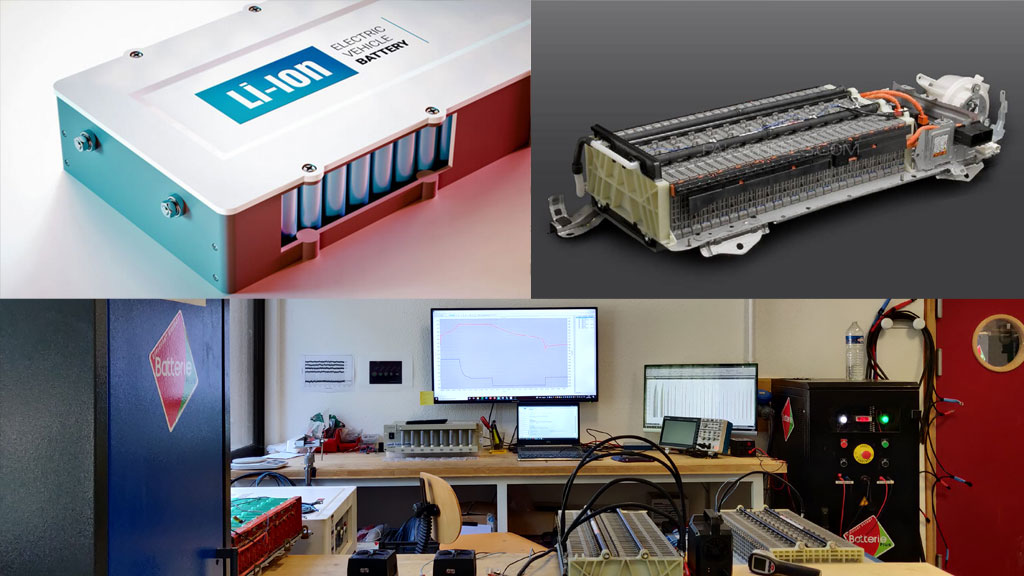
BE ENERGY, winner of the i-Nov 2021 competition under the “Circular Economy » theme
8 October 2021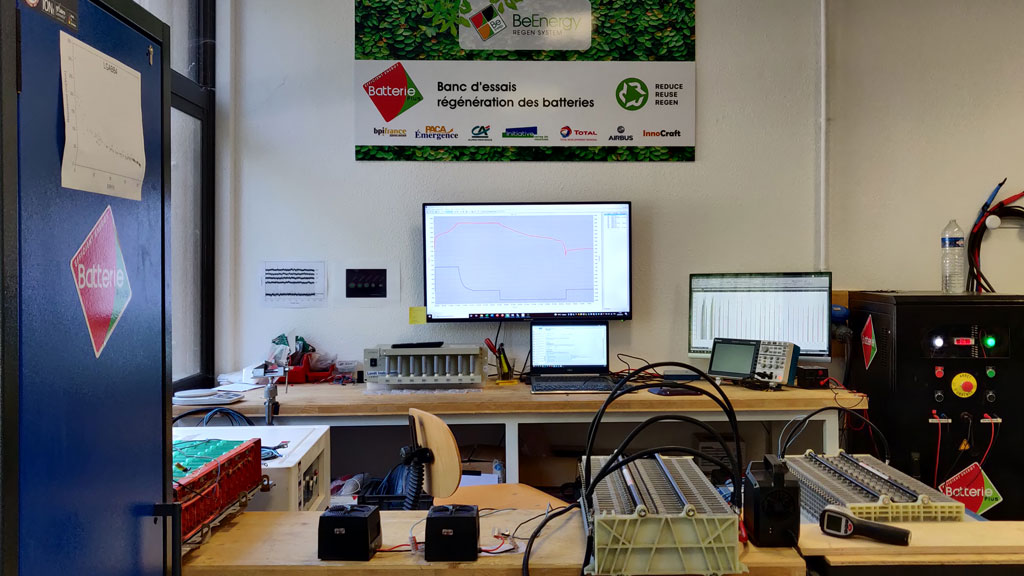
France Relance: Be Energy, a company committed to ecological transition, winner of the EETE project call (ADEME)
29 October 2021The meeting hosted on the 12th of October by the Senegal’s Ministry of Environment marked the official beginning of the FASEP (Fonds d’Etudes et d’Aide au Secteur Privé) project Be Energy – Regen System in Senegal.
Objectives of the FASEP project
The main goal of this 18-months project is to initiate a regeneration industry for car batteries and engine oil, based on collection sites in Senegal. Installation of these new collection sites of industrial wastes will be done in close collaboration with the Senegal’s Ministry of Environment, the Senegal’s Direction of Environment and Listed Sites (DEEC) but also with the Regional Center of Bâle and Stockholm Conventions (CRCBS).
The set-up of a technology demonstrator of the Be Energy regenerators (batteries and oil) constitutes a key part of this project. This mobile demonstrator will be shown in several villages, chosen in tandem with the Ministry of Environment beforehand, in order to raise awareness of the economic and environmental interests of regeneration among the local people. These awareness exhibitions (with formal and informal professionals of car maintenance and repair, in technical colleges, etc.) will be meant to encourage local people to create new collection sites for used batteries and oils, which is a cornerstone of a regeneration industry.
Environmental and economic impacts in Senegal
This FASEP project would lead to a massive reduction of hazardous wastes in Senegal. Indeed, almost half of the lead-acid batteries are recycled in an informal way, in unsafe conditions often leading to saturnism or worst, like in Thiaroye Sur Mer where 30 children died of lead poisoning in 2008. Oils are not safer: only a quarter of used oils has been collected by the Oil Regeneration Society (SRH), knowing that one liter of used oil can contaminate up to 10 000 square meters of water surface. The development of a regeneration industry would hence have a positive impact on the environment but also on public health.
Such a regeneration industry will also induce local job creation (in the regeneration centers but also in the collection sites), in the framework of circular economy. It provides an economic alternative for the consumer (knowing that a car battery has a cost almost equal to the average monthly wage in Senegal, i.e. around 100€) and reduce the dependance on foreign countries from which Senegal imports the majority of its batteries and oils. In the current post-COVID context, with a brutal increase of the prices of raw materials and good transportation costs multiplied by 3, regeneration would represent a viable alternative to protect the Senegalese consumer.
FASEP club
Moreover, many French companies specialized in manufacturing and designing battery and oil regenerators, or in recycling hazardous wastes, are partners of Be Energy in this project. They will be able to expand their activities internationally within the framework of the regeneration industry in Senegal, but also later in other developing countries (the project has a strong repeatability and could be applied in other countries in West Africa). Be Energy committed to organize a FASEP club, gathering all these companies, to ensure a frequent follow-up of the project.
Next steps
Thomas Charoy, engineer of Ecole Centrale Paris and PhD in physics, has been sent as a Company International Volunteer (VIE) in Senegal to work full-time on this project. In close collaboration with the Senegal’s Ministry of Environment, the DEEC and the CRCBS, he will be in charge of identifying the key players of the existing battery and oil industry (new and used), in order to quantify the inflows and outflow and identify the future potential stakeholders of the new regeneration industry. Meanwhile, the rest of the Be Energy team will take care of the demonstrator set-up, aware that the main constraint will be to adapt these regeneration technologies to the tropical climate of Senegal.

